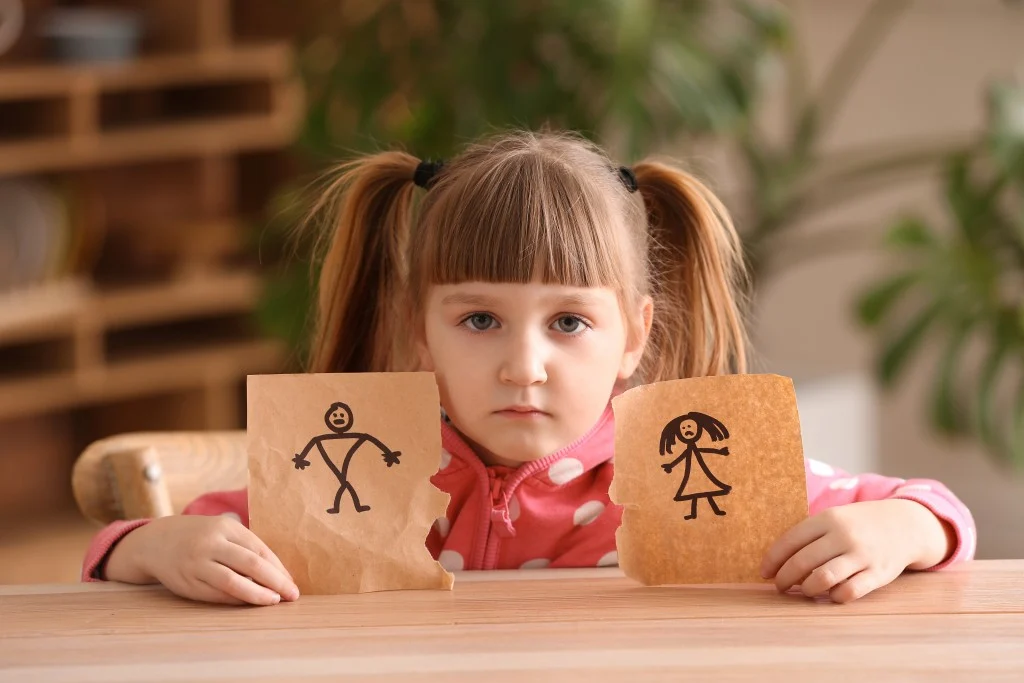Play therapy is a specialized approach used by trained therapists to help children express themselves, understand emotions, and develop coping strategies through play. This therapeutic method recognizes that play is essential for children’s emotional and cognitive development, providing a safe space where they can explore and process their feelings and experiences.
What is Play Therapy?
Play therapy utilizes various techniques and activities tailored to meet the unique needs of each child. It can involve using toys, art materials, storytelling, role-playing, and other forms of play to engage children in therapeutic processes. The goal is to facilitate healing, enhance communication skills, promote emotional regulation, and improve overall well-being.
Is Play Therapy Right for Your Child?
Deciding whether play therapy is suitable for your child depends on several factors:
- Age and Developmental Stage: Play therapy is most effective for children between the ages of 3 to 12 years old, as they naturally communicate and express themselves through play.
- Behavioral or Emotional Challenges: If your child is experiencing difficulties such as anxiety, depression, trauma, behavioral issues, or social problems, play therapy can provide a supportive environment to address these challenges.
- Communication Style: Children who find it challenging to express their thoughts and feelings verbally may benefit from the non-verbal and symbolic nature of play therapy.
- Parental Involvement: Play therapy often involves collaboration with parents or caregivers to support the child’s progress outside of therapy sessions and reinforce therapeutic goals.
Benefits of Play Therapy:
- Emotional Expression: Allows children to express and process complex emotions in a safe and non-threatening manner.
- Skill Development: Promotes social skills, problem-solving abilities, creativity, and self-confidence through interactive play.
- Healing and Growth: Facilitates healing from trauma, improves self-esteem, and fosters resilience in facing life’s challenges.
Finding a Play Therapist:
When seeking a play therapist for your child, consider the therapist’s qualifications, experience with children of similar age and issues, and their approach to play therapy. A good match between the therapist and your child is crucial for the success of therapy. Explore our therapists’ profiles to find your child’s right fit.




Leave A Comment